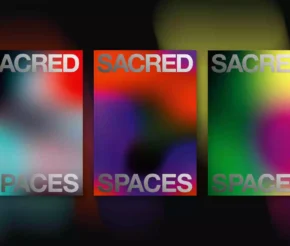- Advertise
-
Subscribe
NSW Government’s Defence For Music Festival Strip Searching Criticised

The New South Wales government claimed strip searching at music festivals could be justifiable, even if a judge classifies them as unlawful. The claim, which was part of the state government’s defense to a class action by festival-goers, has been criticized as illogical.
During the NSW Supreme Court brief hearing on Thursday, Justice Peter Garling said there would be “a logical problem” if he accepted the government’s rationale after finding the strip searches were illegal.
Garling asked that if the state’s police commissioner got into the witness box, could she argue that although the strip searches were unlawful, they were accepted practice by police forces across the globe.
“Really? You want me to accept that all around the world police forces engage in illegal conduct?” Justice Garling said.
The state has now been sent back to the drawing board and will file an amended defense by November 17th.
The landmark class action alleges that New South Wales police conducted unlawful strip searching at music festivals. Filed in July by lead plaintiff Raya Meredith, the case encompasses 49 festivals over the past six years.
Lawyers of the festival-goers’ group claimed police carried out a series of “unlawful acts,” including assault and battery during strip searches at music festivals. Events mentioned in the class action include Australia’s largest music festival, Splendour in the Grass.
During a strip search at a music festival in 2018, lead plaintiff Meredith was reportedly forced to remove her clothing, lift her breasts, and show a police officer her genitals.
State barrister Naomi Oreb argued that although no drugs were found on Meredith, the strip-searching decision was reasonable, as it depended on what police officers knew beforehand.
The NSW government faces a claim for aggravated and exemplary damages.
The matter will next come before the court on December 12th.





